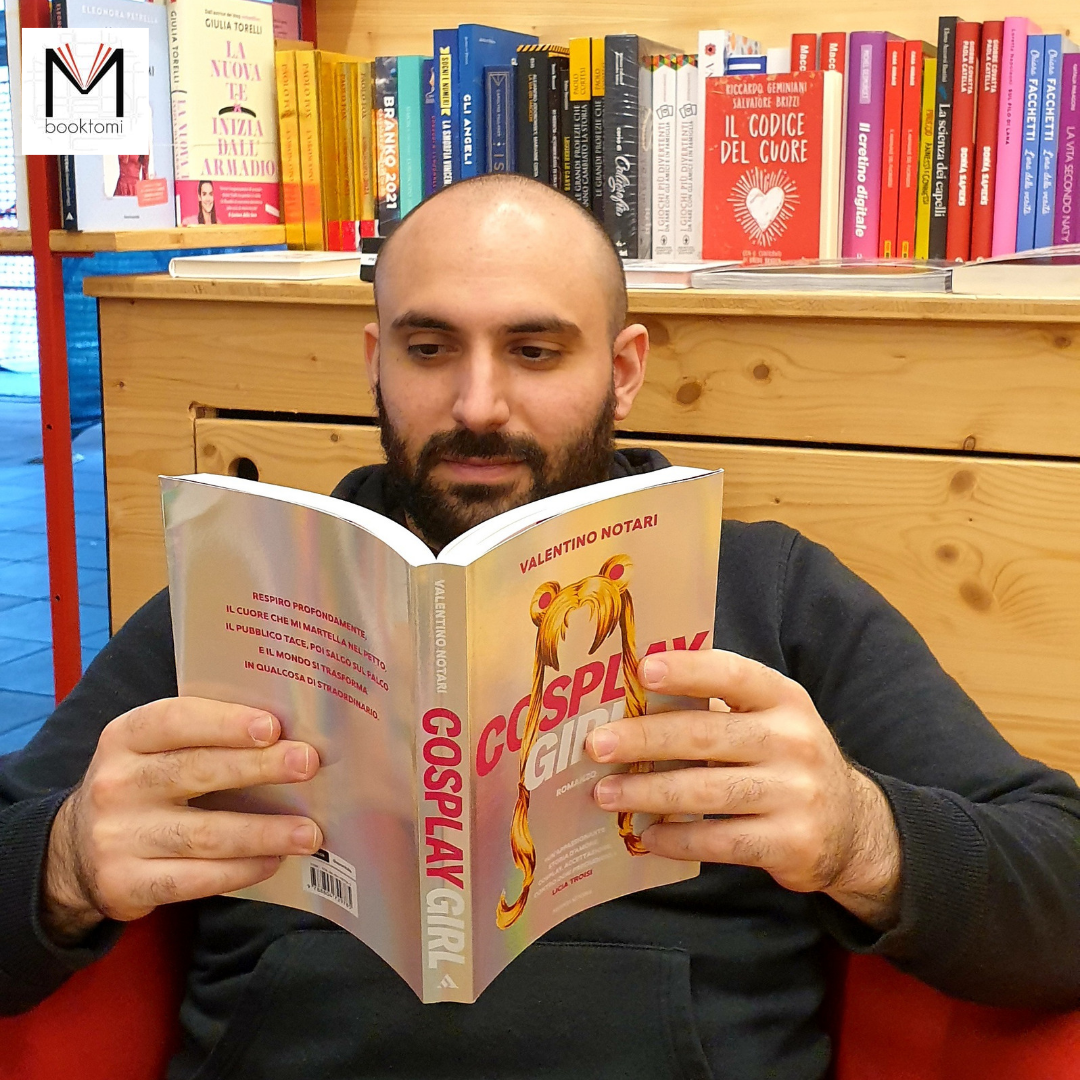“Going back to my parents’ house doesn’t help.”
We started reading this book knowing little about the world of cosplay, and all the parallel reality that spinning around it. For the few who, like us, do not know it, cosplay is a worldwide phenomenon, for which young enthusiasts (but also not so young now) interpret characters from video games or from the manga world, creating costumes and choreography.
The book tells the story of Alice, a young adolescent victim of bullying in the past, who manages, however, through her passion for cosplay, to integrate into a new group of people, with her own interests, in which she is no longer judged for her. physical appearance or for his interests. But when the rumors spread by a rival in love, they will find her again ostracized, she will realize that even the new group of friends was not such…
If youngers can find much of their world in the interpersonal relationships of the characters told, adults can remember how adolescence is one of the most delicate phases of life. Fears mixed with uncertainties often make us hypercritical with ourselves, and often wearing a mask considered socially more acceptable seems to be the only way to not be put aside and not to see those fears of not being accepted turn into reality.
Cosplay therefore becomes a means of not locking yourself up at home, of not hurting yourself (often even physically), to be able to blossom as a person.
The stylistic code is simple and very colloquial; functional to the main target audience of the book: adolescents. Very few claims: this seemed to us very honest on the part of the author. We would like to advise the young author to take a further step forward in his next works, perhaps dare with a wider portfolio of words, and why not, abandon the use of colloquial language in favor of a more structured one.
____________________________________________________________________________________________________
Valentino Notari, Cosplaygirl, Mondadori, Milano, 2021




